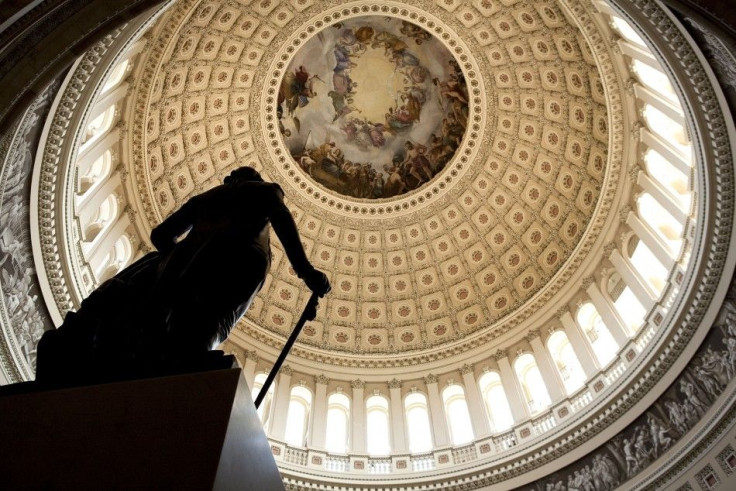Congress Passes Extension of Payroll-Tax Cut in Bipartisan Vote

The U.S. House of Representatives and Senate passed the payroll-tax extension on Friday morning, with congressional Democrats and Republicans putting aside their differences until after the November election to advance the economic package.
The House easily approved the payroll tax extension on Friday morning in a 293-132 vote, sending the legislation to the Senate where it was expected to face considerably more resistance. However, the upper chamber approved the bill shortly afterward in a 60-36 vote.
The bill extends the two-percentage-point payroll-tax cut through the end of the year, in addition to extending unemployment insurance through 2012 and dodging a planned cut to reimbursements for physicians who treat Medicare patients. The bill is going to President Barack Obama for his signature.
Senate leaders initially agreed to lower the threshold for passing the legislation to a 51-vote margin after several Republican senators said they would oppose the package. The precaution was ultimately unnecessary. The bill -- which is expected to benefit approximately 160 million American workers -- has enormous public support, a fact that is particularly important this year with the looming presidential and congressional elections in November.
However, lawmakers on both sides of the aisle still voiced their complaints about the substance of the legislation. During the morning House debate, several Republicans were outraged over the bill's failure to specify how the year-long extension of the payroll tax holiday will actually be paid for.
I cannot and will not support legislation that extends the payroll tax holiday without paying for it, Rep. Phil Gingrey, R-Ga., said, according to The Hill. This will add $100 billion to the deficit.
Democrats also had their problems with the package, arguing the legislation contains House GOP-favored reforms to the unemployment insurance program, namely language that would cut down federal employment benefits from 99 weeks to 73 weeks. It also requires beneficiaries to prove they are actively looking for work while receiving benefits and enables states to require drug testing for unemployment insurance applicants who lost their jobs because they either failed or refused to take such tests.
The bill also contains language to prevent unemployment recipients from using their benefits in casinos, liquor stores and strip clubs, a move Republicans argue will reduce welfare fraud.
Some Democrats also adamantly opposed a provision that requires federal employees -- including members of Congress -- hired after 2012 to contribute an additional 2.3 percent to their pension plans in order to help pay for the compromise bill.
Nobody is targeted in this bill other than federal employees, House Minority Whip Steny Hoyer, D-Md., said on the House floor. That's not how you want to treat our employees, America's employees.
Both he and fellow Maryland representative Chris Van Hollen, D, voted against the bill.
Overall, 146 House Republicans and 147 Democrats voted for the plan, while 91 Republicans and 41 Democrats voted against it.
In the Senate, 45 Democrats and one independent, Sen. Joseph Lieberman, Conn., supported the legislation along with 14 Republicans.Thirty Republicans, five Democrats and one independent, Sen. Bernie Sanders, Vt., casted no votes.
© Copyright IBTimes 2025. All rights reserved.





















